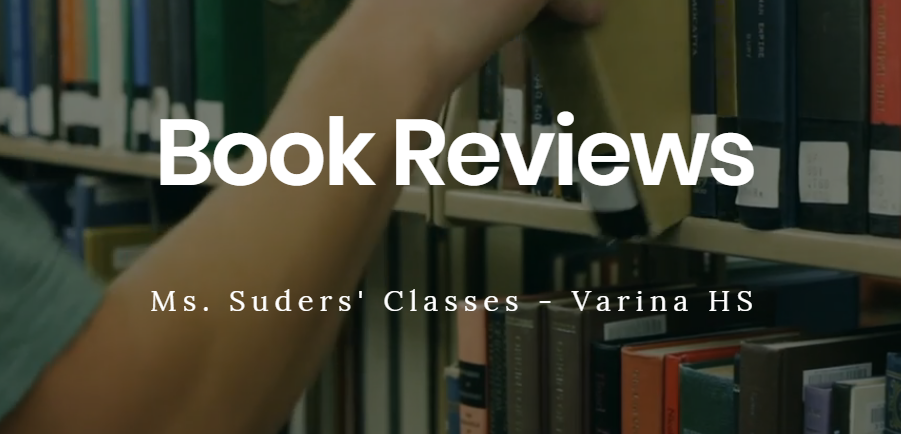Summary
The purpose of this lesson is to allow students to collaborate in literary discourse that extends beyond the Henrico high school classroom. By gaining a deeper sense of how to engage in literary discourse beyond the classroom, I hypothesized that my students would craft stronger and more analytical literature essays.
In order to achieve this goal, a network was set up between my students in Henrico county and the students of a colleague (Ms. Amanda Closson) of mine from Alberta, Canada. Specifically, we set up a WordPress Blog as a discussion board where our kids respond to literary questions each week or bi-week. To maximize the potential for efficient collaboration and discussion, my students and the Canadian students read the same literary texts before responding throughout the week to the blog prompt. After each online discussion period, students write literary papers or design projects synthesizing the material from the on-line discussion.
One text that we co-read this year was the novel 1984. We attempted to engage our students via Skype, but Canada prohibits the use of Skype in schools. So instead, our Canadian peers filmed a class discussion of 1984 and sent it to us. My students watched the film and I filmed them delivering a response to their discussion and sent it back. Doing this filmed-discussion exchange bolstered our collaboration and in a sense allowed the students to meet each other face to face. The 1984 discussion was highly successful and the literature essays produced as a result were some of the best of the year.
Aside from 1984, we did a poetry compare and contrast discussion, a poetry explication, a prose explication, and several others. We concluded the US-Canada blog discussions at the close of the 1st semester. The Canadian students shift from Literature to Government during their 2nd semester of high school.
The US-Canada blog discussions were highly effective for Ms. Clossan and me. In each of our respective AP Literature classes, students gained better analytical skills having the opportunity to discuss literature with fellow classmates in another country. Students advanced in their literature analysis and writing skills by developing literary discourse skills throughout the year on-line and somewhat independently rather than through repeated direct instruction in the classroom.
We ran 7 discussions from October to February and believe the discussion between students from Henrico County, Va and Alberta, Canada was highly successful.
TIPC Ratings
The students in the US and Canada each read similar text provided by their teachers as research is not the focus of this lesson. Aside from 1984, they completed a poetry compare and contrast discussion, a poetry explication, a prose explication, and several others.
The AP Literature students communicate weekly with students in Alberta, Canada via a WordPress blog. They generate literary discourse with each other with teacher facilitation of a writing prompt but no teacher interference in the discussion. Students responded to each other and were reflective in their analysis. Then students in their home countries each wrote an essay incorporating their new insights from the students in the other country – this is a literary writing assessment following the week long discussion. Students responded from home and school during all hours.
For the text 1984, we each prepared videos of our classes having a discussion. Canada went first, we watched it and filmed our response, then sent it to them. The students could not use Skype as this was against Canada’s privacy laws.
Students had to think critically in order to dialogue about the readings. The AP students exhibited extremely high levels of literary analysis throughout their continued discussions via the blog. They questioned themselves and each other and were reflective in their analysis.
Quote from the Henrico Citizen – Henrico’s Top Teachers by Patty Kruszewski (3/20/14) – http://www.henricocitizen.com/news/article/henricos_top_teachers_robert_meister_2847#.Uywz3qhdWSo
“Meister has also created a “pen-pal” relationship between his Tucker students and a group of high school students in Alberta, Canada, through a blog in which they discuss books. The blog experience prompted one student to write that ‘in the past 12 weeks of his class [Meister] has connected me with more international studying methods than any of my 13 foreign language classes I have taken in high school. He asks such deep and thought-provoking questions that we, his students, can often apply them to all of our classes. In one 90-minute session, this man can make you think to such a new level that it makes reality sort of slap you in the face and realize the deeper meaning of things.’”
The classes in both countries went well beyond summarizing the text. They questioned, analyzed, and reflected on each other’s work across time zones.





